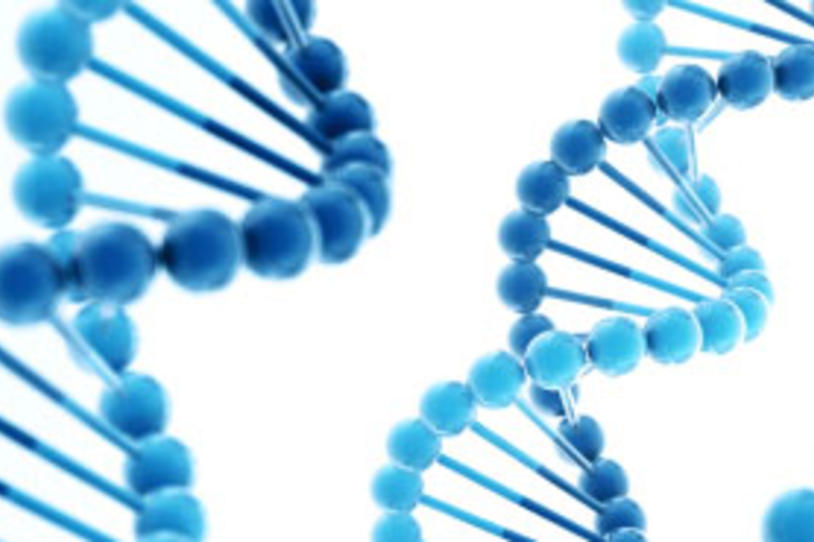
The genetics of Parkinson's is complex, but each new study helps us piece together a greater understanding of how key genes, such as LRRK2, contribute to Parkinson’s disease (PD).
Carrying a LRRK2 mutation increases the risk of PD, but the age at which the disease appears (if it does; not all with the mutation develop PD) differs greatly. Recently reported results from a Michael J. Fox Foundation-funded study may help explain why.
Investigators from the University of British Columbia reporting in The Lancet Neurology identified a change in a gene modifier called Dynamin-3 (or DNM3) that, when present in people who carry a LRRK2 mutation, accelerated the age of PD onset by about 12 years.
These findings provide important insights into the heterogeneity of PD, even in those known to be carriers of the same genetic mutation. Much like adding different spices to a dish can add or detract from the overall flavor, changes in these so-called modifying genes may influence the impact of other genes in small, but noticeable, ways. Results from this study suggest that targeting genetic modifiers could be neuroprotective for individuals who carry LRRK2 mutations and could delay onset of the disease.
The Foundation is currently funding several investigators as part of a LRRK2 Modifier Consortium to identify additional genetic modifiers of LRRK2 and further explore the role of LRRK2 modifiers on age of PD onset. In addition, MJFF's landmark biomarkers study, the Parkinson's Progression Markers Initiative (PPMI), is currently enrolling people with LRRK2 mutations to learn more about this subset of Parkinson's. And MJFF has organized the LRRK2 Cohort Consortium to identify and learn from people who carry LRRK2 mutations.
Although genetic mutations affect a relatively small number of individuals with Parkinson's, studying genetics can help researchers learn more about the biology of Parkinson's, which could lead to new therapies that could help all individuals PD.
Interested in participating in PPMI? Take a quick survey to see if you may be eligible.